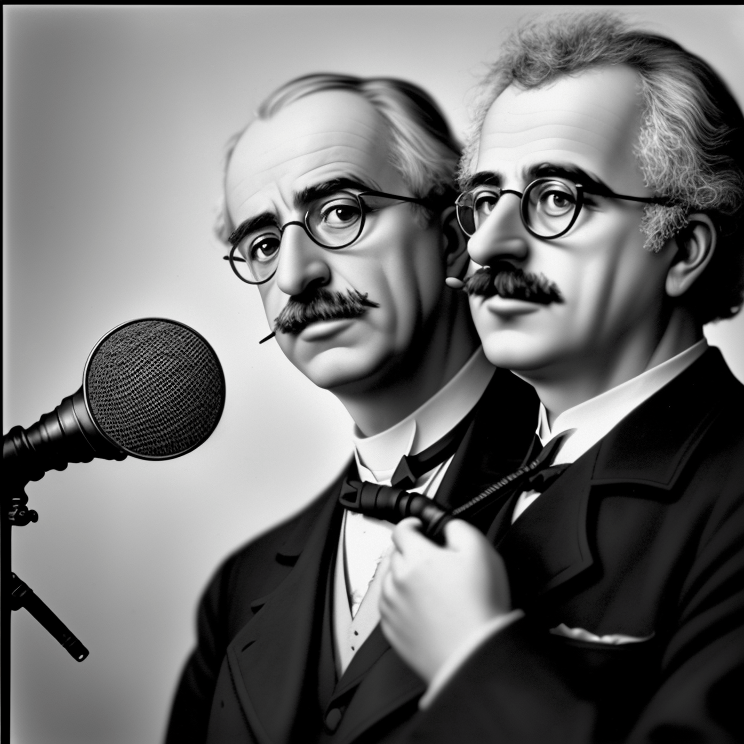I was recently reviewing Benjamin’s canonical essay “The Work of Art in the Age of Mechanical Reproduction”. This is a text that in more than a few periods of my life I have run into, mostly in forced situations, due to lectures and seminars that required its reading.
Reading a text with an imposed motivation can easily bias one’s attitude towards it, mine for certain. In the case of Benjamin’s essay, I was blind to his fascination with the changing times he was facing. I always read it as a critique made by someone from the past struggling with a rapidly accelerating future. That is until now when I am the one becoming that man from the past who is observing how the future is overwhelmingly close, hitting my mailbox every day with newsletters about new AI tools and AI startups that are radically affecting the ways creators are used to exert their creativity.
Now I see Benjamin’s critical approach with an expanded mind.
And now I can better understand the tone he sets for his essay when he starts with the following quote by Paul Valéry:
Our fine arts were developed, their types and uses were established, in times very different from the present, by men whose power of action upon things was insignificant in comparison with ours. But the amazing growth of our techniques, the adaptability and precision they have attained, the ideas and habits they are creating, make it a certainty that profound changes are impending in the ancient craft of the Beautiful. In all the arts there is a physical component which can no longer be considered or treated as it used to be, which cannot remain unaffected by our modern knowledge and power. For the last twenty years neither matter nor space nor time has been what it was from time immemorial. We must expect great innovations to transform the entire technique of the arts, thereby affecting artistic invention itself and perhaps even bringing about an amazing change in our very notion of art.
There is no doubt that the “craft of the beautiful” is changing, and the direction of such change is not in the power of artists, but in the tech industry. However, artists, authors, intellectuals and creative professionals do have a role in affecting the way how these crafts will be assimilated by society.
We cannot influence the major processes shaped by the AI industry, but we can influence our culture by actualising the types, uses and notions that, by resonating with each other, define aesthetics and the tradition of what we have known –and still know– as art.
